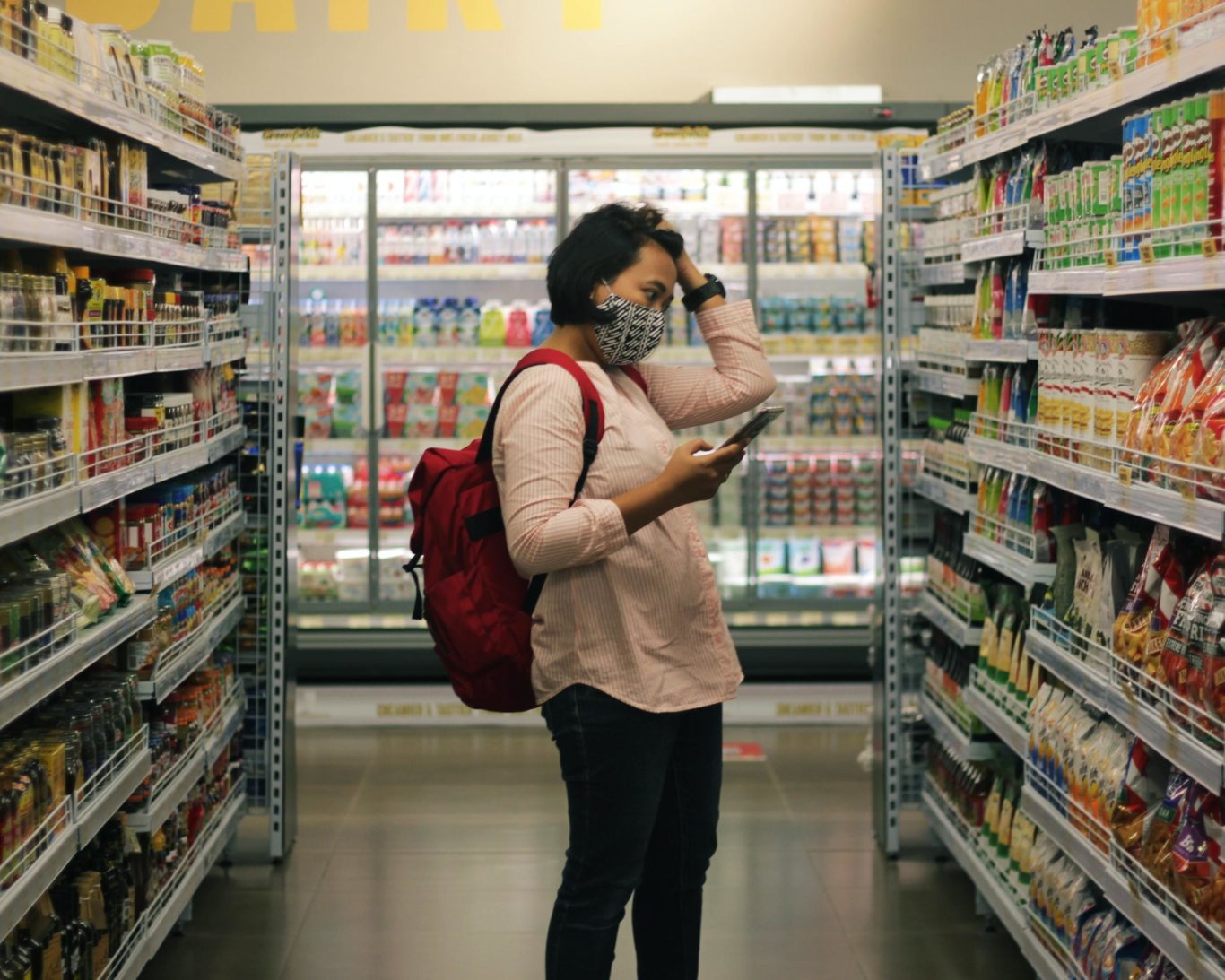Ensuring Food Remains Available to All as Retail Prices Rise
Ensuring Food Remains Available to All as Retail Prices Rise
It’s no secret that our communities continue to face significant economic disruption in the wake of COVID-19, now coupled with shocks to global food and fuel supplies due to the war in Ukraine.
Nearly 1 in 5 Oregonians experienced income and job loss over the past 2+ years — and the impact fell hardest on the communities that have faced disproportionate hunger and poverty for generations: people of color, immigrants and refugees, single moms and caregivers, and our trans and gender non-conforming neighbors. As a result, the Oregon Food Bank Network saw an unprecedented need for emergency food assistance throughout Oregon and Southwest Washington — nearly 1.7 million people in 2020 and over 1.2 million in 2021.
We know that many people are still recovering from the impacts of the pandemic, and any additional pressure on income or the cost of living makes it even more difficult for families to make ends meet. There’s no doubt that the rising cost of food and fuel is worsening food insecurity here in Oregon and across the country. The cost of groceries alone is up at least 10% overall — and that increase is closer to 15% when we look at the cost of meat, fish and dairy. This is happening at a time when lower-income households already spend more than a third of our budgets on food.
As a result, more people in Oregon and Southwest Washington are seeking support today — whether through our emergency food assistance network or critical programs like SNAP and WIC.
- Just last month, one of our local pantries shared that demand for food assistance is up 34% over last year — on top of the huge increase they saw in 2021
- Free food markets in the Portland area reported seeing more than a thousand new families in May alone
- The amount of food local agencies are ordering from our central warehouse is up overall, which is an early indicator of rising demand.
And we’re only beginning to see the impacts.
Despite our scale, food banks are by no means immune to rising food and fuel prices.
Every aspect of our food distribution operations has faced significant cost spikes, from purchases to transportation costs. Since December of 2021, our fuel costs are up 30%, freight costs to transport food to our warehouses is up 16% and we’re paying 12% more on average for food purchases to keep up with demand — with some pantry staples costing as much as 40% more. Just one example: the cost of a truckload of peanut butter was ~$34,000 in 2020; that same truckload is ~$40,000 today.
While these challenges are real and significant, it is important that everyone in our community knows that food remains available to all who need it.
Our network of 21 Regional Food Banks and 1,400+ food assistance sites are doing everything possible to meet these challenges head-on. We have a great, one-stop resource at oregonfoodfinder.org where anyone can type in their location to find nearby pantries, free food markets or meal sites. You can also dial 2-1-1 to be connected to a live person who can help find local resources.
This is an incredibly challenging time for families throughout the region — and the need for continued support is real. It took an incredible, unprecedented government and community response to prevent hunger from becoming another symptom of COVID-19. And the latest wave of COVID and inflation pressures remind us that we can’t afford to slow down in our response to this crisis.
And that’s where our community comes in.
There are many ways to get involved: contribute toward our food purchasing and broader anti-hunger efforts — or volunteer time at our central warehouses or at food distributions in your community. You can donate, volunteer and advocate. And if you’re interested in donating food, you can find a list of local pantries and meal sites in your area at oregonfoodfinder.org.
